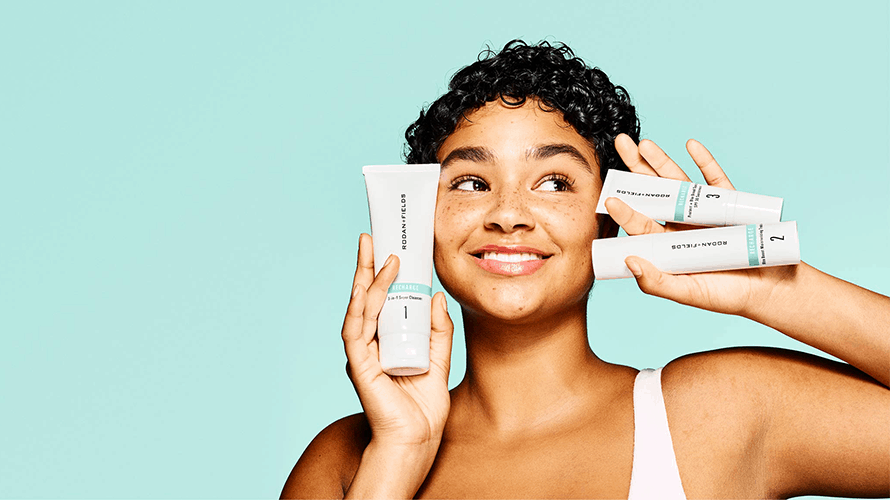Rodan + Fields Also Wants Its Consultants to Be Influencers

When Rodan + Fields, the multilevel skincare marketing company, was relaunched in 2018 by Katie Rodan and Kathy Fields (who bought the company they founded back from Estee Lauder in 2007), the term “influencer” had not yet made its way into the public lexicon.
But Elisabeth Charles, CMO of Rodan + Fields, said the brand’s consultants were essentially influencers before the term existed. In the U.S., 300,000 consultants sell the products through a system where they act as a go-between for the brand and the customers. As the idea of a social media influencer as a legitimate business has gained traction over the past decade, so has the need for Rodan + Fields consultants to think of themselves as not just ambassadors for the overall R+F brand, but as a brand themselves.
“Our consultants are the kind of people who you would imagine are great influencers,” she said. “They are just very influential in their networks. They’re those ‘it girls.’ They’re very smart, charming, focused and passionate about what they do. They’re the people you want to hang out with and know. I find that a lot of them just draw people in, as you see with influencers now, just by sharing their lifestyle, why they got into the business and how it impacted them.”
The sales tactics Rodan + Fields has used since its early days—personalized recommendations, connecting with potential customers on social media—are similar to those that influencers use today. Their channel of connection may be a bit different: Charles said R+F’s consultants, many of whom are Gen Xers, often find success on Facebook or Pinterest, while influencers dominate platforms like Instagram.
But Charles said the brand sees opportunities on platforms their influencers have used less in the past, and they’re training consultants on how to best use tools such as Instagram Stories to connect with customers, showing the products, how to use them and what they like about them on their platforms, and giving customers a direct channel to reach the consultant to purchase.
“We’re trying to leverage our expertise in the marketplace to say, ‘Hey, guys, you know, you need video, you need to have engaging content that people want to share—not just a clinical picture of a product that looks like advertising,’” said Charles of the counsel they give to consultants. “It’s trying to teach them about what is good content and shareable content. We are supplementing and helping them almost evolve their social game.”
Not everyone needs help adjusting to a social-media-first sales strategy.
“Our biggest growing consultant base is millennials, they’re a third of our consultants, and they have naturally built their businesses through social platforms,” she said. “Many of them are very savvy and probably could teach us a thing or two.”
Rodan + Fields’s product assortment is changing to reflect the greater age range of their customers. In February of this year, the brand debuted Spotless, an acne-focused line targeted towards teenagers, and in September, it rolled out new products geared towards millennials. In 2020, the brand is continuing to expand to new demographics including women of color. The brand has also been producing more Spanish language content, and expanding into new markets like Japan.
Revenue for Rodan + Fields topped over $1 billion in 2017. Income per consultant greatly varies per person, though few make enough money to qualify as a livable income. The top 50% of earners made over $598 in 2018, while the top 10% made over $4,995 and the top 1% of earners made over $29,056, according to self-reported numbers from the brand.
As the business is growing, so are the individual businesses of the consultants themselves. Charles said that no matter who the consultant is, the brand is stressing the importance of making authenticity a foundation of that personal brand.
https://www.adweek.com/brand-marketing/rodan-fields-wants-its-consultants-to-be-influencers-too/